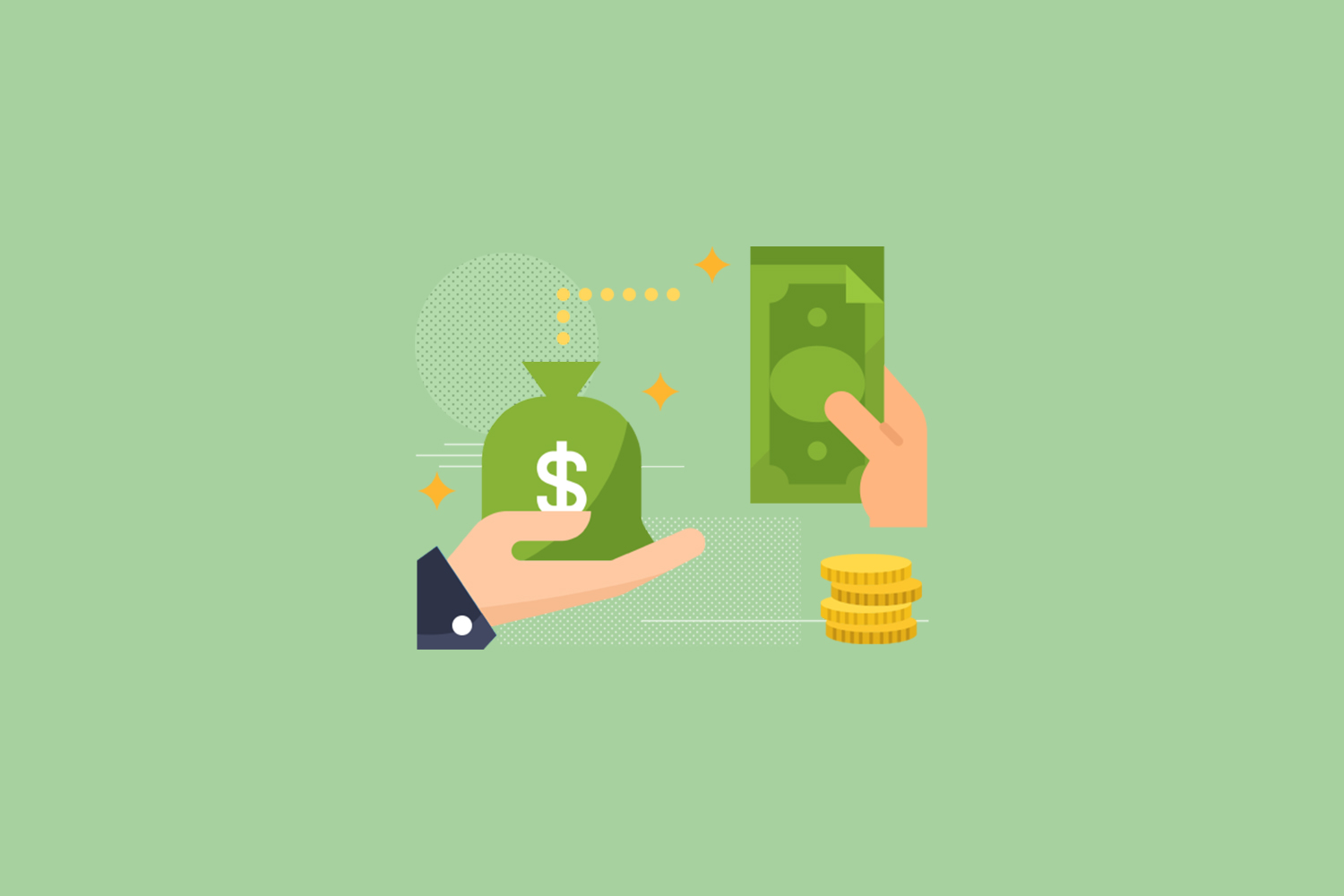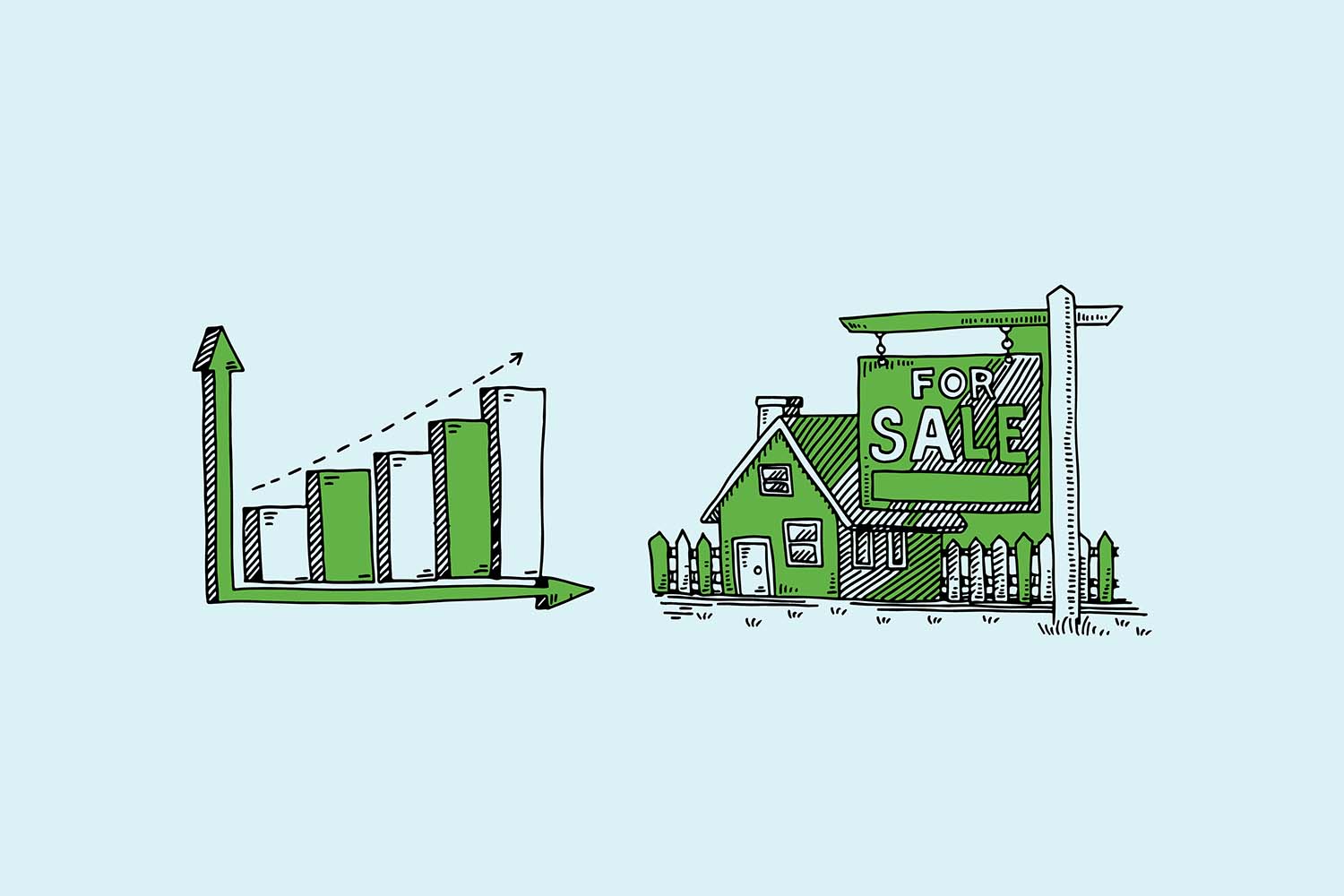The Story
The Independent National Electoral Commission (INEC) on the 16th of June 2021 through its chairman Mahmood Yakubu announced it has created 56,872 new polling units in preparations for the general elections in 2023. This brings the total polling units in Nigeria to 176,846.
What has been the trend with elections and the Naira?
Elections in Nigeria happen within a 4 year cycle. Since the beginning of the democratic system of government in 1999, Nigerians are given the opportunity to decide who will govern them every 4 years.
Campaigning starts in the year before the elections. The usual trend in the Pre-Election year is a change in priority of government officials from running the country to winning elections. For this, no expense is spared.
In preparation for the elections, politicians buy up foreign currencies (mostly dollars) which they convert to Naira when campaigning. They do this to take advantage of the weakness of the Naira against the dollar and other foreign currencies. Foreign Portfolio Investors (FPIs) also move their funds from the economy in response to election anxiety.
To put things in perspective, let's see how the Naira fared in pre - election & election years of 2014/2015 & 2018/2019.
2014/2015
As at the end of 2013, Nigeria's foreign exchange reserve stood at $46bn. By the end of January 2014, it had fallen to $41bn, it dipped further to $37bn in February of the same year and by May 2014 foreign exchange reserve in Nigeria stood at $35bn.
It is important to note at this point that Nigeria's foreign exchange reserve is driven mainly by earnings from the sale of crude oil. Though 2014 was the year oil prices started to dip, oil prices peaked at $107.95 in June 2014, before the price drop started.
Interestingly, Nigeria's foreign exchange reserve rose to a 3month high of $39bn in July 2014 before resuming another downward spiral. This was because despite the drop in price of oil, Nigeria was still selling its crude at prices it had locked in before oil prices started to drop. The foreign reserve at the end 2014 stood at $34bn.
In September 2013, the Central Bank of Nigeria (CBN) then headed by Sanusi Lamido, announced that it suspected early political campaigning was spurring increasing foreign exchange demand. In a direct quote, the CBN governor said “We have seen evidence of huge demand for dollars by bureau de changes, huge purchases of cash that are not accounted for. It is a small class of people that has access to huge rents." Sanusi Lamido was suspended from office in February 2014 after he revealed $20bn wasn't remitted by the Nigerian National Petroleum Corporation (NNPC) for over 18months.
At the beginning of 2014, the Naira was exchanging for N164/$, by the end of the year it was at N184/$.
The Naira stated 2015 at N190/$. With oil prices below $50 and the general elections date set for end of March 2015, the decline of Nigeria's foreign exchange reserve continued into Q1 2015. The country's foreign exchange reserve fell to $29.3bn in March 2015 and rose back to $29.8bn in April of the same year after the elections. By the end of the year, the Naira stood at N199/$.
The new government met with almost empty government coffers at its resumption of office. With oil prices at record low levels, Nigeria was in a recession by 2016.
2018/2019
2018/2019 was a little different from 2014/2015. Nigeria in 2017 recovered from 5 consecutive quarters of recession triggered by the drop in oil prices, foreign reserve mismanagement and the inactions of the new government. Oil prices were above $60 and the CBN created an Investors and Exporters window (I&E window) to help with foreign exchange liquidity.
Though the CBN with its dollar liquidity was able to keep the Naira at N360/$ from 2017 - 2019, investors between February & May 2018 lost N729bn in the stock market due to capital flight from the market by FPIs. FPIs in response to the political intrigues ahead of the elections moved funds from the market.
The CBN was however able to maintain liquidity in the foreign exchange market with the continuous injection of funds despite demand pressures. According to PriceWaterCoopers (PWC) the CBN’s injections into the FX market, rose by 87% to $40bn in 2018. The CBN’s determination to defend the value of the Naira despite increased demand for the dollar, accounts for the significant rise in FX injections in 2018. Foreign reserve was $43bn at the end of 2018.
Despite significant decline in FPI in 2019 & relatively unchanged Foreign Direct Investment (FDI), the Nigerian economy was somewhat stable for most part of 2019. The CBN’s ability to provide liquidity in the FX market held up the economy. The economy however started to unravel in the last quarter of the year, when scarcity of foreign exchange reared its ugly head and we saw the Naira depreciate to N381/$ in the parallel market. Oil prices in 2019 were lower than they were in 2018, we saw oil prices drop below $60 per barrel in the last quarter of 2019. Nigeria’s foreign reserve stood at $39bn at the end of 2019.
What We Expect in 2022/2023
2022/2023 has similar traits with 2014/2015. The incumbent isn’t seeking re-election; it’s looking to retain its political party in power. Based on this, we do not expect things to be any different (in terms of demand for FX and reserve management) than they were in 2014/2015.
The economy has already been battered by the pandemic. Oil earnings are low and foreign exchange scarcity is at its height. The foreign reserve as at the time of writing is at $33.8bn.
Oil prices are recovering from the lows of 2020. They are presently above $70. Expectations are that they’ll remain above $60 at least till the second quarter of 2022. Between the second half of 2021 and the first half of 2022, we expect a significant rise in Nigeria’s foreign exchange reserve. This may however not be enough to defend the Naira when demand pressure mounts.
FPIs and FDIs are at record low levels given the level of insecurity in the country and the scarcity of foreign exchange. Diaspora remittances have also dipped. Q1 2021 numbers show that remittance to Nigeria from abroad fell by 75% to $865mn from $3.5bn in Q1 2020. This comes on the back of the economic effect of the pandemic on Nigerian’s living abroad and the increased use of cryptocurrencies to remit money to Nigeria.
Given present economic realities (high inflation, negative balance of payment, insecurity, low diaspora remittances, etc.), the Nigerian economy may not be able to survive a repeat of past trends in pre-election and election years.
The direction of the Naira’s exchange rate in the foreign exchange market going into 2022/2023 is dependent on the path the CBN and the government decides to toll. Should the CBN decide to attract FPIs by raising rates on government debt instruments and maintaining liquidity in the FX market with the earnings from higher oil prices, we might see the Naira strengthen against the dollar from the second half of 2021 till the end of the first half of 2022 when oil prices are expected to start dropping again and FPIs start to react to election anxiety. If the government decides to maintain the status quo, liquidity in the parallel market will remain thin and speculators will continue to define the value of the Naira in that space.
How Do I Position My Portfolio in Preparation for the Economic Realities of the Election Season?
Election seasons in Nigeria usually come with political and economic uncertainties. Investors can protect their portfolios by divesting from sectors that are most vulnerable to FX fluctuations (oil & gas, manufacturing and other import dependent sectors) and invest a proportion of their portfolio in currencies more stable than the Naira.
The political and economic uncertainties would also require that investors maintain a reasonable level of liquidity in their portfolios. Investors can take advantage of the budding rates on money market instruments to grow emergency funds.




